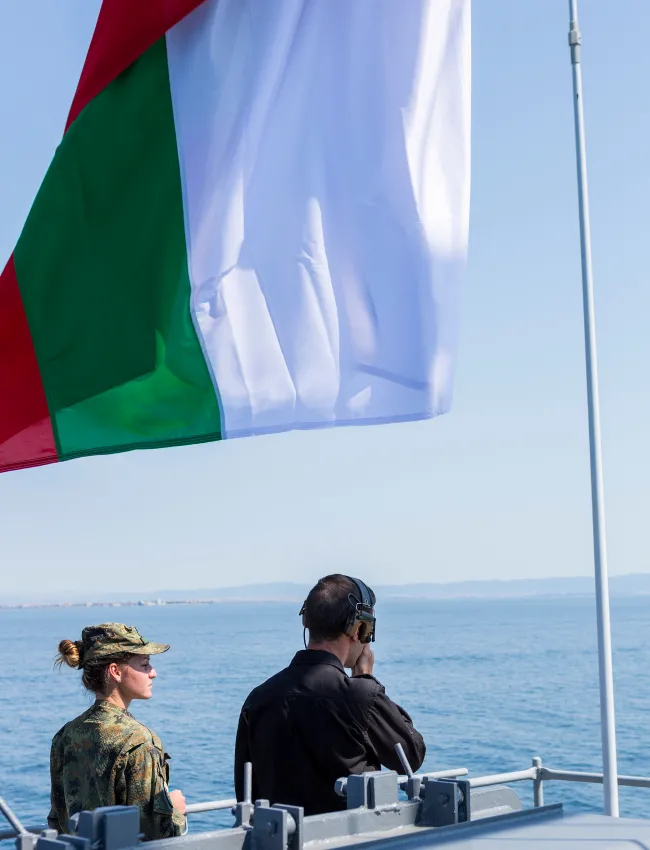Black Sea Security: Bulgaria’s Role and the Need for a Regional Strategy

10:00am - 11:30am EST
4:00pm - 5:30pm CET
5:00pm - 6:30pm EET
About this event
Two years since Russia’s full-scale invasion of Ukraine, tensions in the Black Sea region raise concern about its security. Russian forces in the Black Sea have been significantly weakened, but the Kremlin still seeks to prevent the concentration of NATO forces there. Moscow has repeatedly attacked Ukrainian infrastructure, and has put countless mines in the Black Sea. It also keeps trying to prevent Ukrainian grain from reaching the world market.
Ukraine has forced Russia’s Black Sea fleet to retreat. Moscow is failing to project power across the region, but it remains in control of key ports, including some in Ukraine. Russia’s militarization of the sea and occupation of Crimea, in the absence of any strong pushback by the West, left the region vulnerable. A comprehensive NATO strategy for the Black Sea requires a more unified voice from the alliance members there, and there are moves in that direction. Türkiye is increasing its regional role and ambitions, while Bulgaria’s and Romania’s commitment to military modernization depends on domestic political dynamics.
How do these dynamics impact Bulgaria’s role in Black Sea security? Do the complex relationships among the region’s actors lead to less security? Can smaller states, such as Bulgaria, have a stronger voice within NATO? Is a Black Sea security strategy desirable for the alliance?
The panelists will discuss these questions and highlight the key challenges to and opportunities for enhancing security cooperation.
For more information, please contact Asya Metodieva at [email protected] or Dimitar Keranov at [email protected].
The German Marshall Fund of the United States (GMF) is a nonpartisan policy organization committed to the idea that the United States and Europe are stronger together.
Event Speakers
Asya Metodieva
Visiting Fellow, Engaging Central EuropeAsya Metodieva is a visiting fellow with the Engaging Central Europe program of The German Marshall Fund of the United States. She analyzes political developments in Central and Eastern Europe and the Balkans. For GMF, she focu...